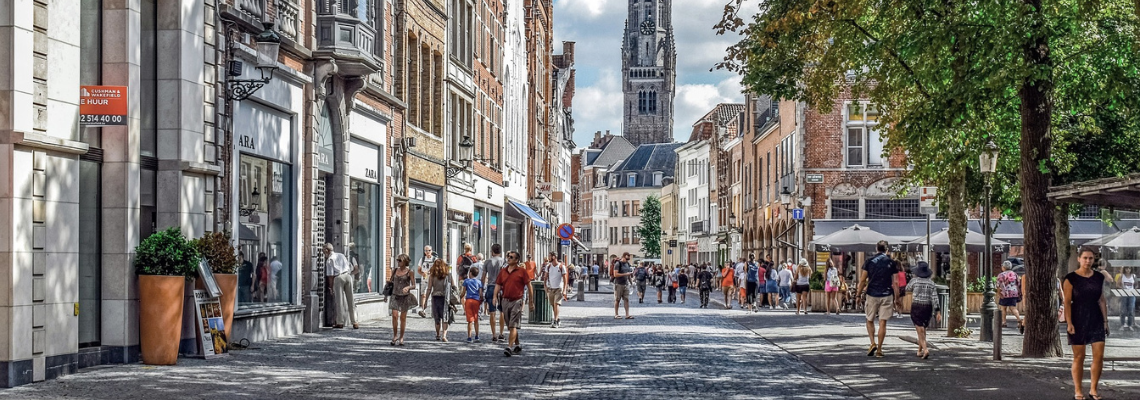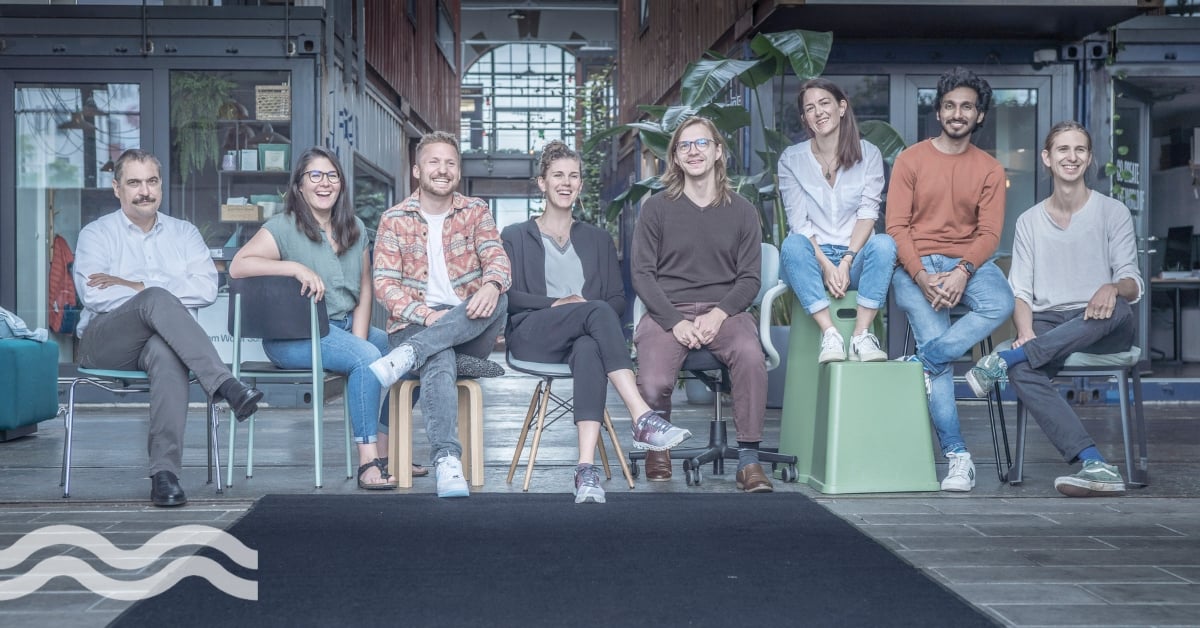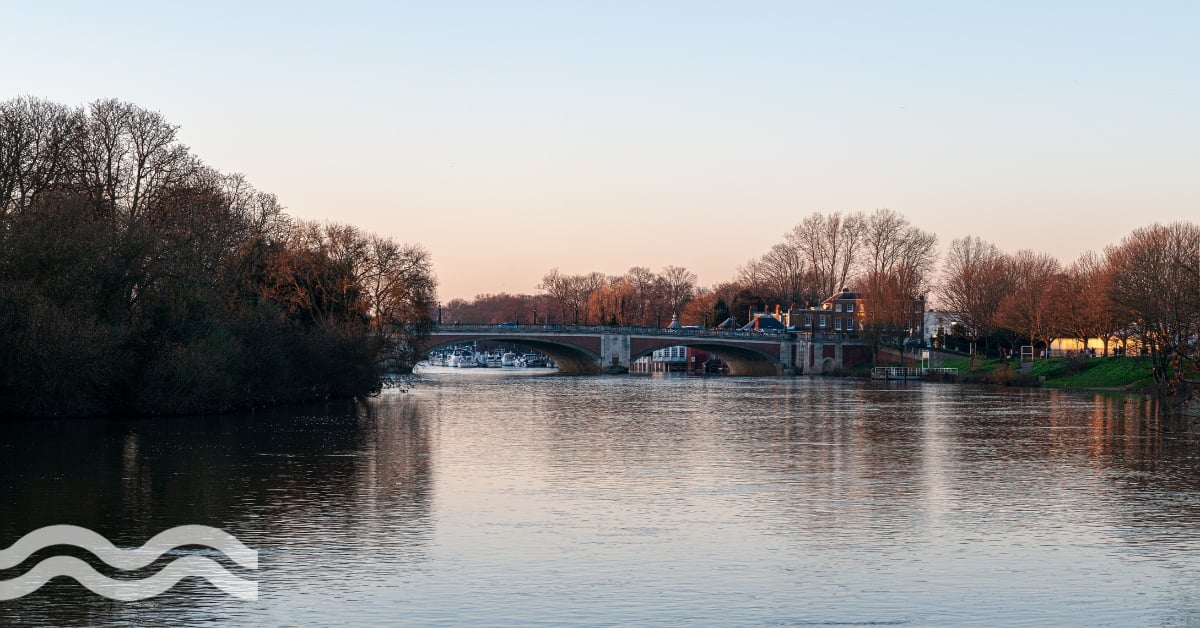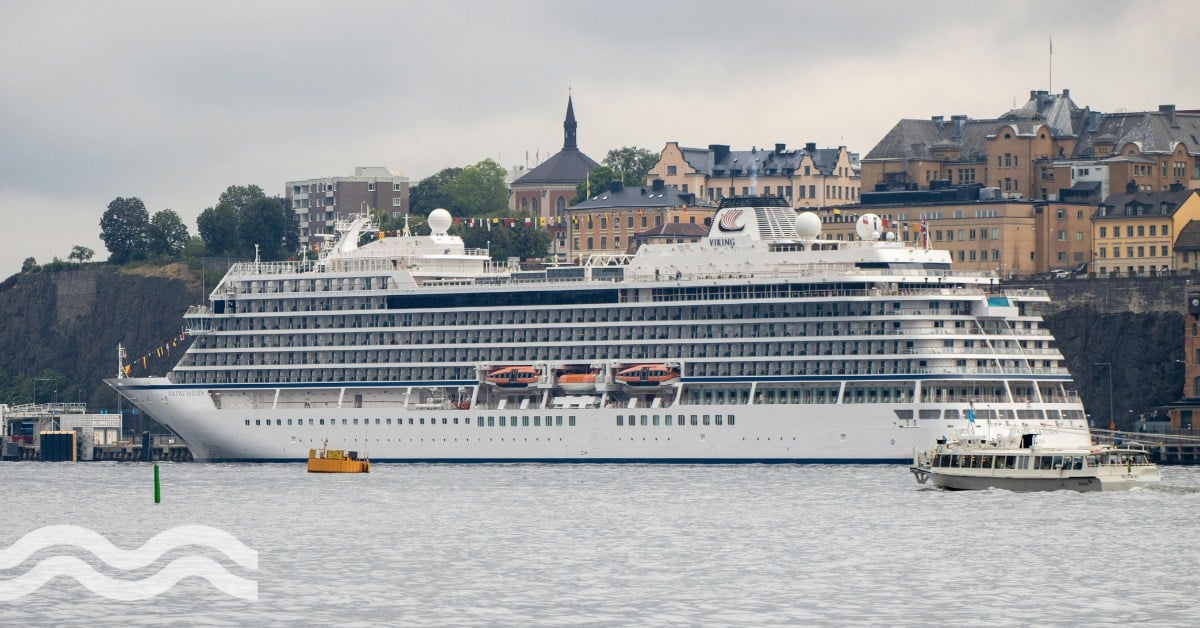Flanders: paving the way for a circular economy

Flanders has been leading the way in circular developments, implementing numerous measures to reduce waste and conserve resources. Find out more.
Circular economy award win
The concept of a circular economy has been gaining momentum worldwide, with more and more regions and countries aligning their economic growth with sustainable practices. However, one region that has been leading the way in circular developments is Flanders, the Dutch-speaking northern portion of Belgium.
The area's robust economy and high levels of investment have helped to foster a collaborative approach to creating a more sustainable future. From eco-design to energy-efficient buildings, Flanders has implemented numerous measures to reduce waste and conserve resources.
The region’s authorities have been promoting a circular economy since 2016, when OVAM, the public waste agency of Flanders received the Circular Economy Award at the annual World Economic Forum.
One of the aims of the circular economy model is zero waste, where all materials are kept in circulation. In 2016, Belgium ranked as number two in the European Union in recycling waste; almost 77 per cent of total waste in Belgium was recycled. By 2050, the Flanders region wants to have a circular economy where nothing is wasted, which is an ambitious goal.
“The government launched the Blue Deal – a €75 million fund for investments in large-scale infiltration and buffer basins.”
Flanders Vision 2050 outlines the region's plan towards a sustainable society, sustainable economy, sustainable living environment, and sustainable energy. However, the region faces significant challenges in achieving these goals, such as climate change, demographic changes, and technological advancements. Therefore, it is designed to address the challenges and opportunities of these changes while providing a roadmap for Flanders to become a leading sustainable region.
Water management and the circular economy
Water management and stewardship are critical components of Flanders' circular economy strategy. The region faces numerous water challenges, such as water scarcity, flooding, and pollution.
To tackle these challenges, the Flanders' circular economy plan emphasises using fewer raw materials and working towards a closed-loop where wastewater is treated and reused as a valuable resource. This circular approach has led to the creation of various initiatives that are minimising water consumption, such as the use of rainwater by households and businesses sharing water through smart networks.
A multitude of circular economy water projects are currently in action in Flanders. To tackle water scarcity and drought, the government launched the Blue Deal. This is a €75 million fund for investments in large-scale infiltration and buffer basins, softening in cities and circular water use in agriculture and industry to make Flanders more resilient to drought.
The Polaris wastewater project is another innovative example of sustainable water management in action in Flanders. Using Nereda technology, the system is up to seven times more energy-efficient and up to 10 times more space-efficient than traditional wastewater treatments, reducing energy consumption and freeing up space for further urban development.
Drinking water supply projects
Finally, the Drinking Water Supply Innovation project focuses on reducing water demand by promoting more sustainable water harvesting practices in Flanders, such as slow sand filtration, and alternative sources, such as rainwater.
Funded by the European Union’s Horizon 2020 research and innovation programme, the B-Water Smart project focuses on reducing the usage of freshwater sources and helps mitigate the damages wrought by climate change to protect future water resources.
Belgium water utility De Watergroep is putting some of the plans into action. Founded in 1913, the organisation provides water to 3.2 million customers and operates 68 groundwater and five surface water treatment plants.
Circular economy ambitions, coupled with creating resilience against the impacts of climate change, are accelerating the utility to “explore all nonlinear water routes”. The water company has been exploring options on aquifer storage and recovery, with the potential to increase its water buffer capacity.
Flanders is undoubtedly a frontrunner in the implementation of circular economy practices and its achievements should serve as an inspiration to policymakers and businesses worldwide.
The region has taken comprehensive steps towards creating a sustainable economy, which includes strong regulatory policies, the adoption of innovative technologies, and active collaboration amongst stakeholders in the public and private sectors.


